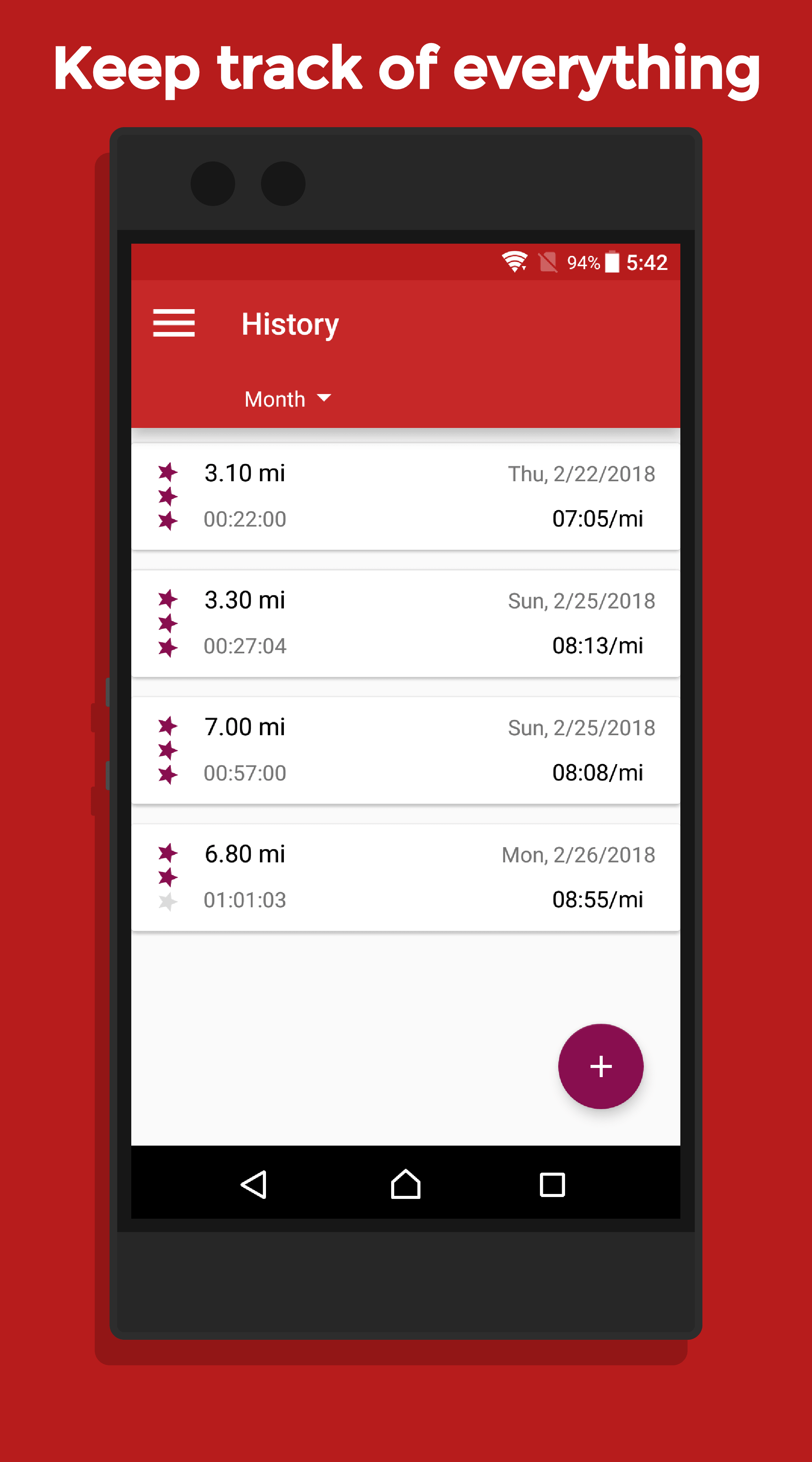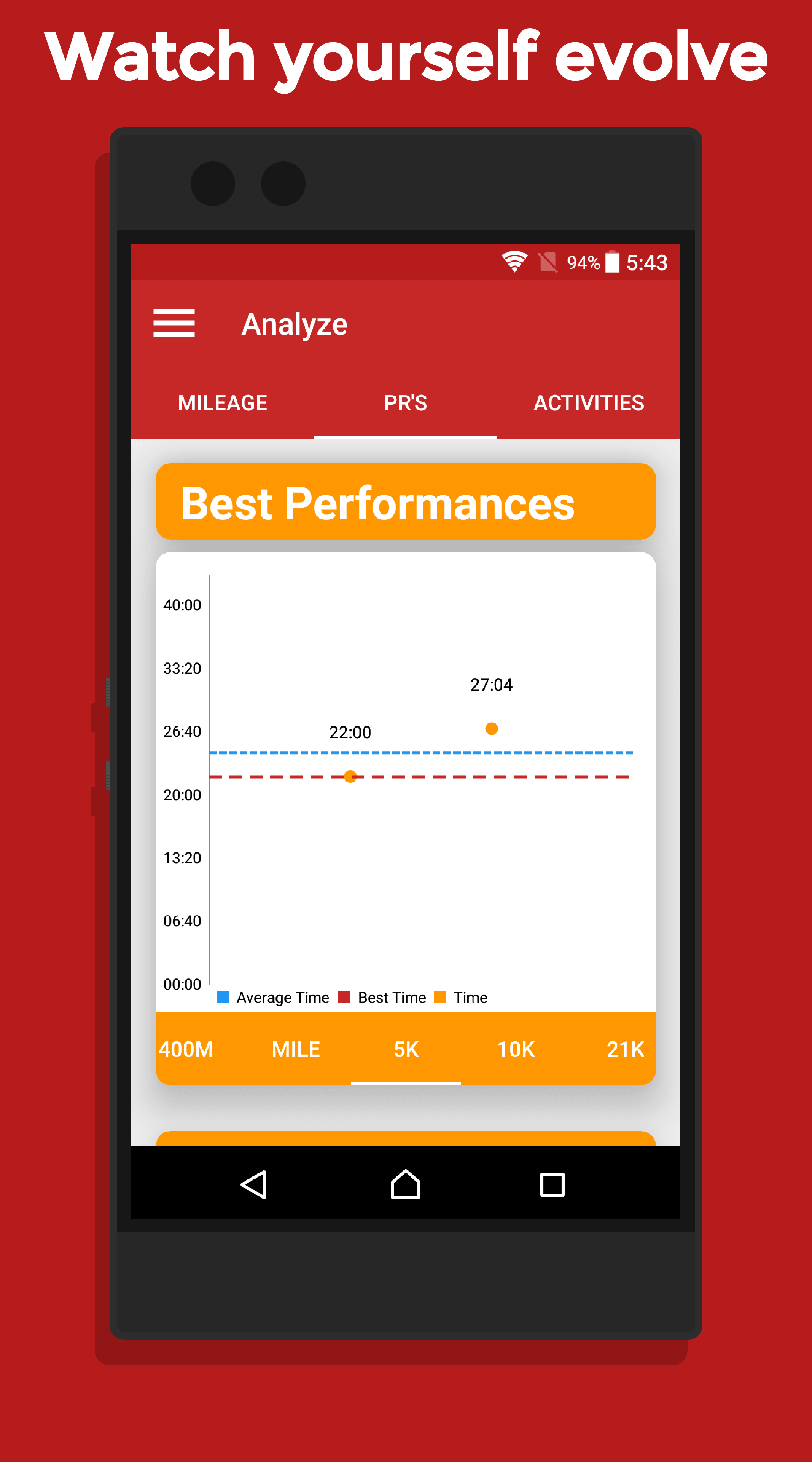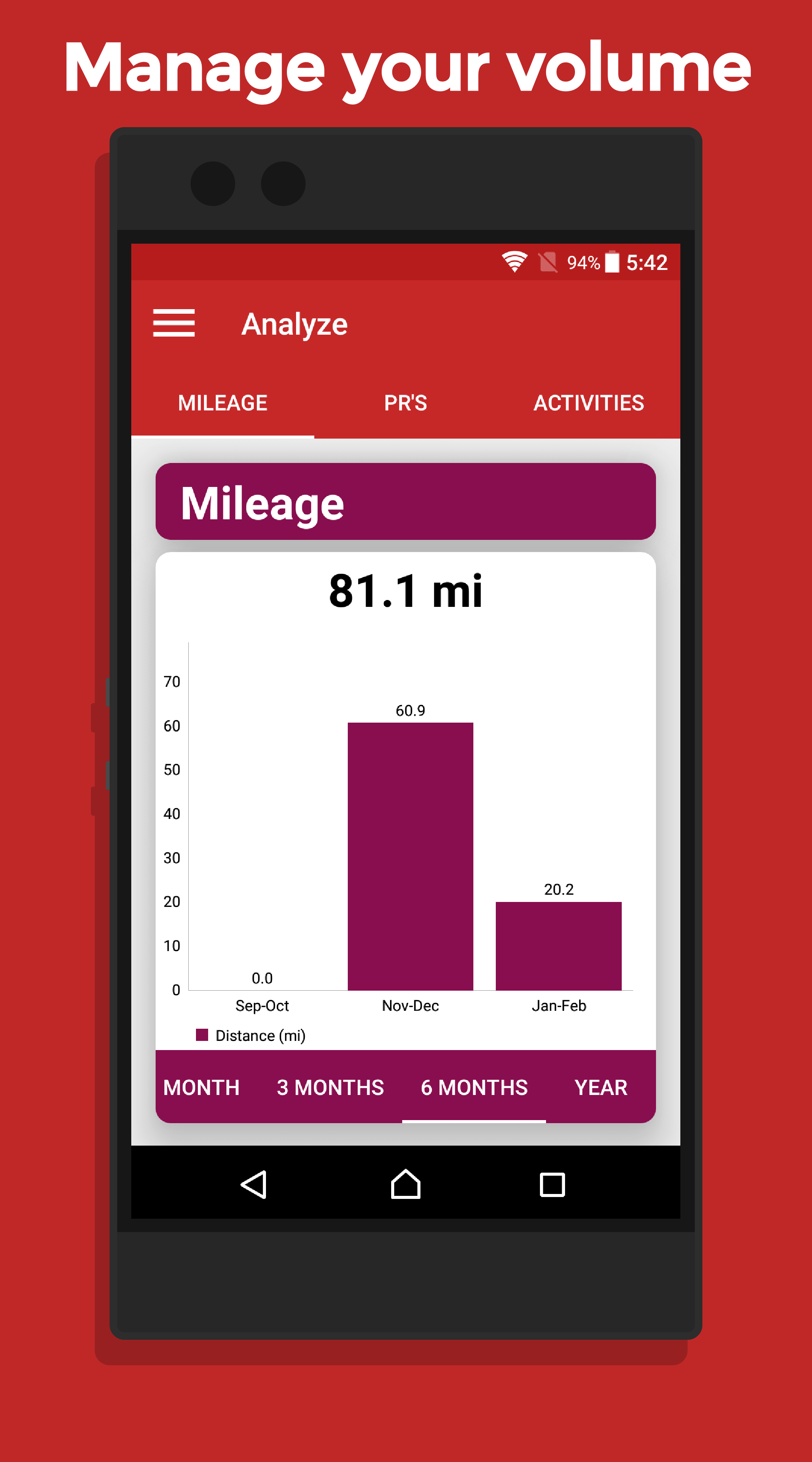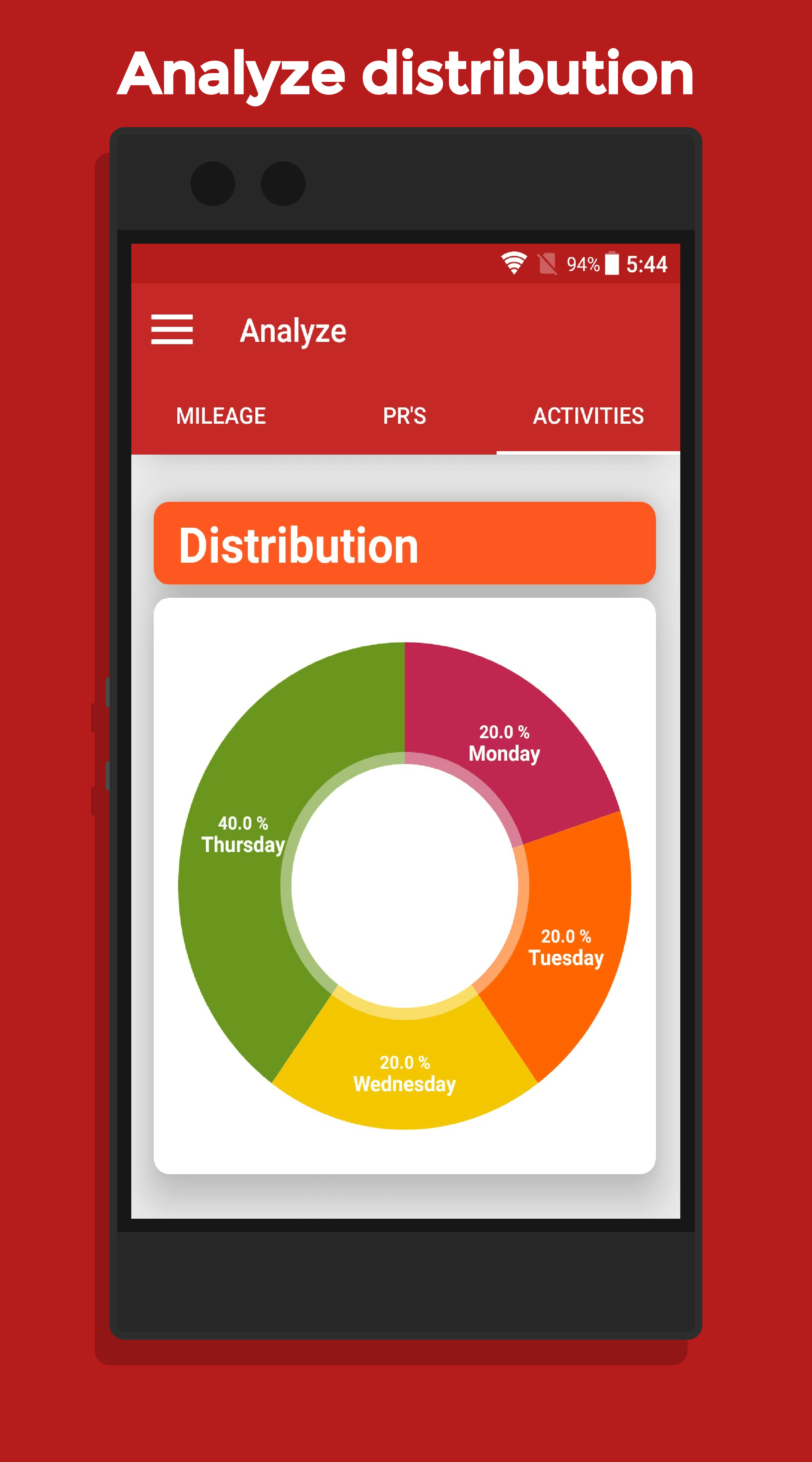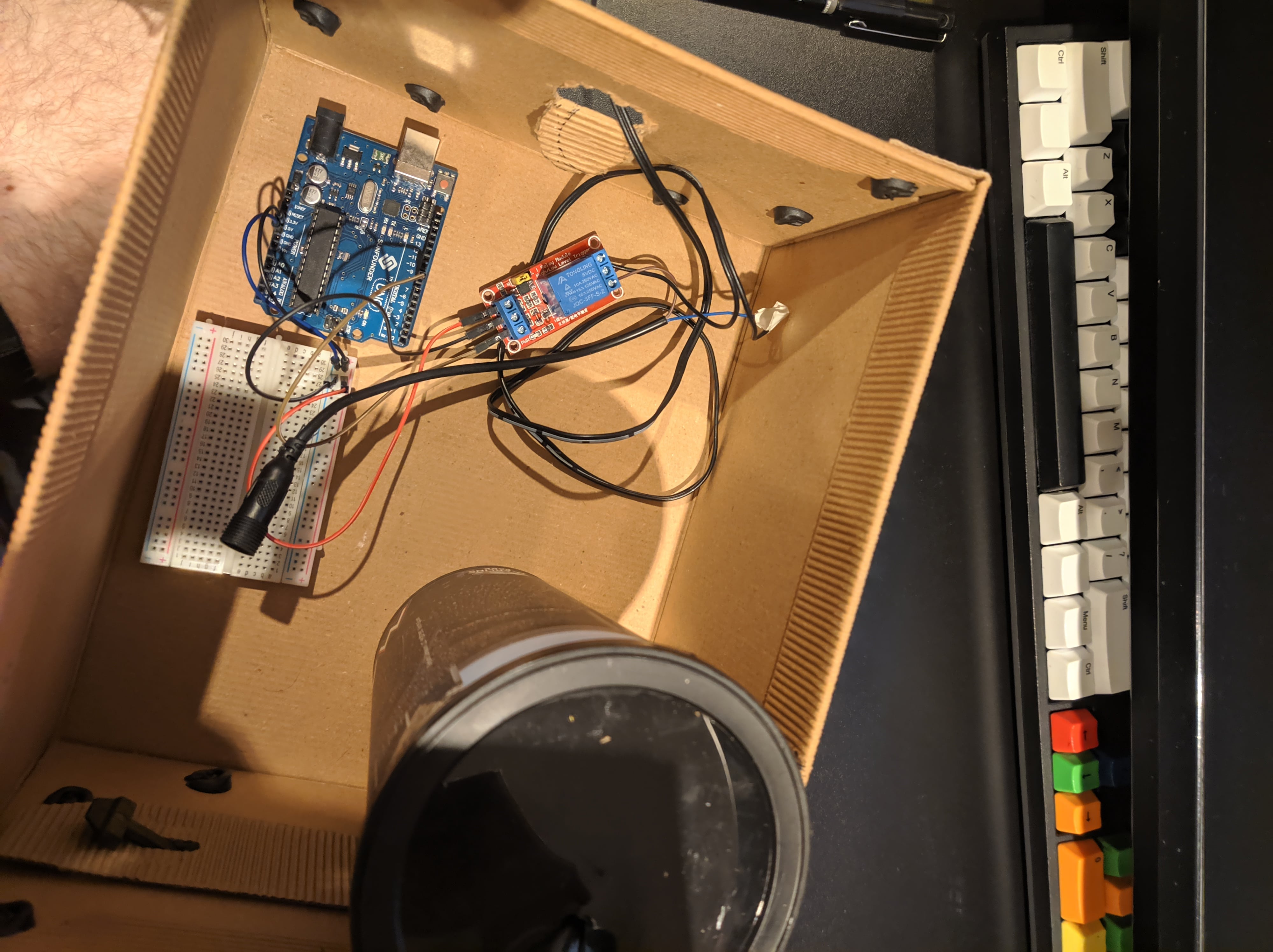Projects
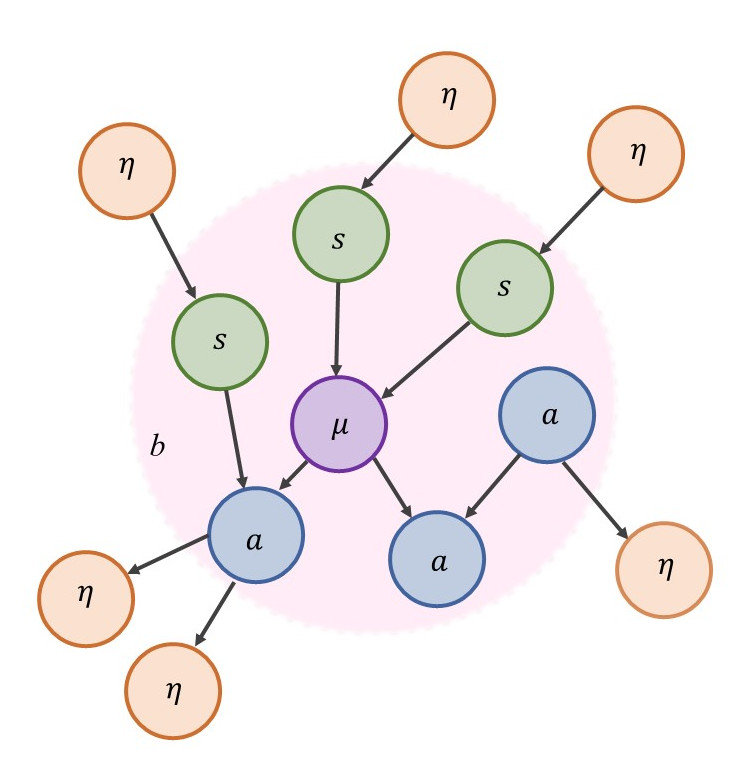
Computer Security & Privacy Lab
Developed a C++ framework for statistical analysis of Linux PMU performance counters. PMU counters are hardware counters that can be used to count performance events (cache misses, branch predictions, cycles, etc.). PMU counters suffer from unreliable
data, so our team developed a novel approach that works in user space and kernel space to improve the data's accuracy.
This work was submitted to ACM's Operating System's Principles and is awaiting acceptance.
Lox Interpreter & Compiler
As a personal project, I wrote an interpreter in C++ for the Lox programming language, created by Bob Nystrom in the book Crafting Interpreters. Lox is a dynamically-typed language with support for OOP. The goal was to use C++ modern patterns such as
smart pointers for memory management and C++17 features.
During my second semester of college, as part of an independent research project, I worked under the guidance of professor Jonathan Shidal to develop a bytecode compiler and a stack based virtual machine for Lox, also
in C++. I then implemented multiple garbage collection algorithms for my compiler, and benchmarked them all. My findings are summarized in a research paper I wrote.
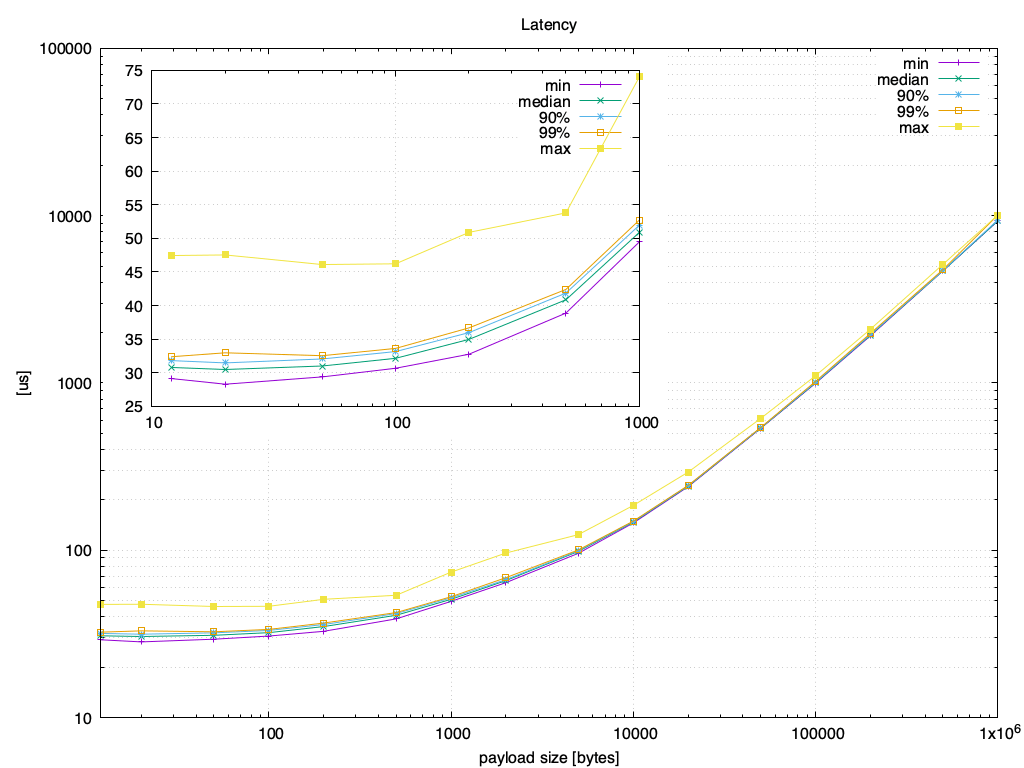
Real Time Systems Research Lab
Working with Professor Chris Gill at WashU on identifying techniques to reduce latency in real time distributed systems. Collaborating with the Max Planck Institute (MPI) in Germany.
I managed to reduce max latency of CycloneDDS by 5% by tuning message payload size in relation to the network stack configuration. I also identified sources of lock contention and reduced them by improving the synchronization approach, limiting time spent in kernel space and improving latency.
CycloneDDS Latency Paper Paper from MPI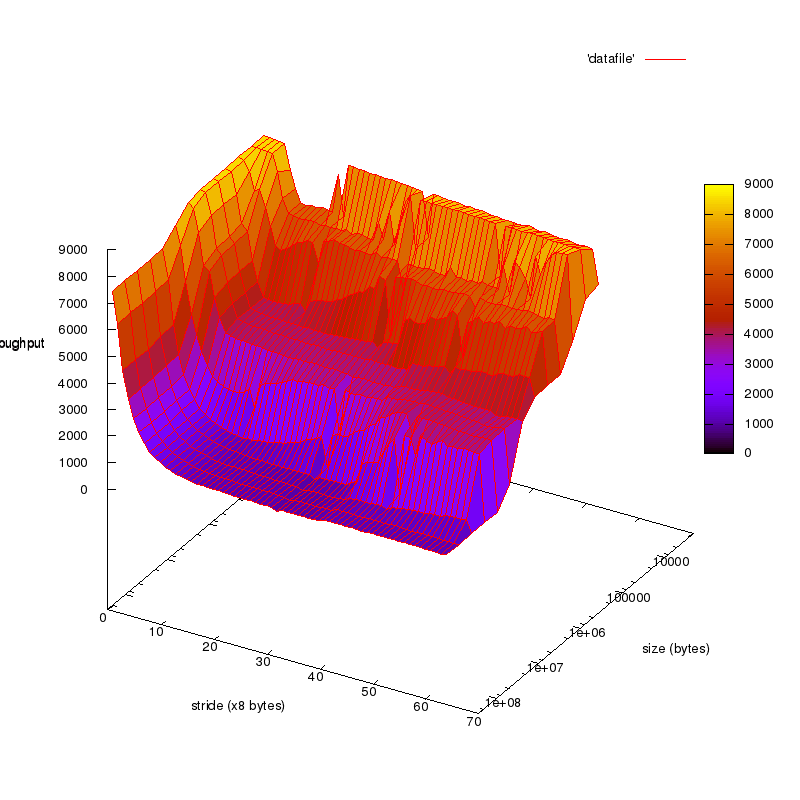
Teaching
I am currently the co-head teaching assistant for CSE 361 Systems Software. Teaching assistants are elected by professors based on outstanding performance in the class. My responsibilities include leading weekly lectures, providing office hours, and general course administration.
I have also worked as a teaching assistant for CSE 240 "Discrete Mathematics"

Journaly
Journaly was the project I worked on during my Facebook internship. Journaly is a journaling and community building app. Users can make journal entries, and Journaly will use machine learning to identify the emotions of that entry. If Journaly notices
that a user has been posting a lot of negative content, it will encourage that user's followers to reach out to them, helping them build a support network.
Journaly uses Firebase Auth +
Realtime Database + Cloud Storage, Google NLP Cloud API, Dicebear API, RxJava, Retrofit, and JUnit for unit testing. Main focus was placed on scalability of the backend. Estimates show that Journaly can scale up to 100k users.
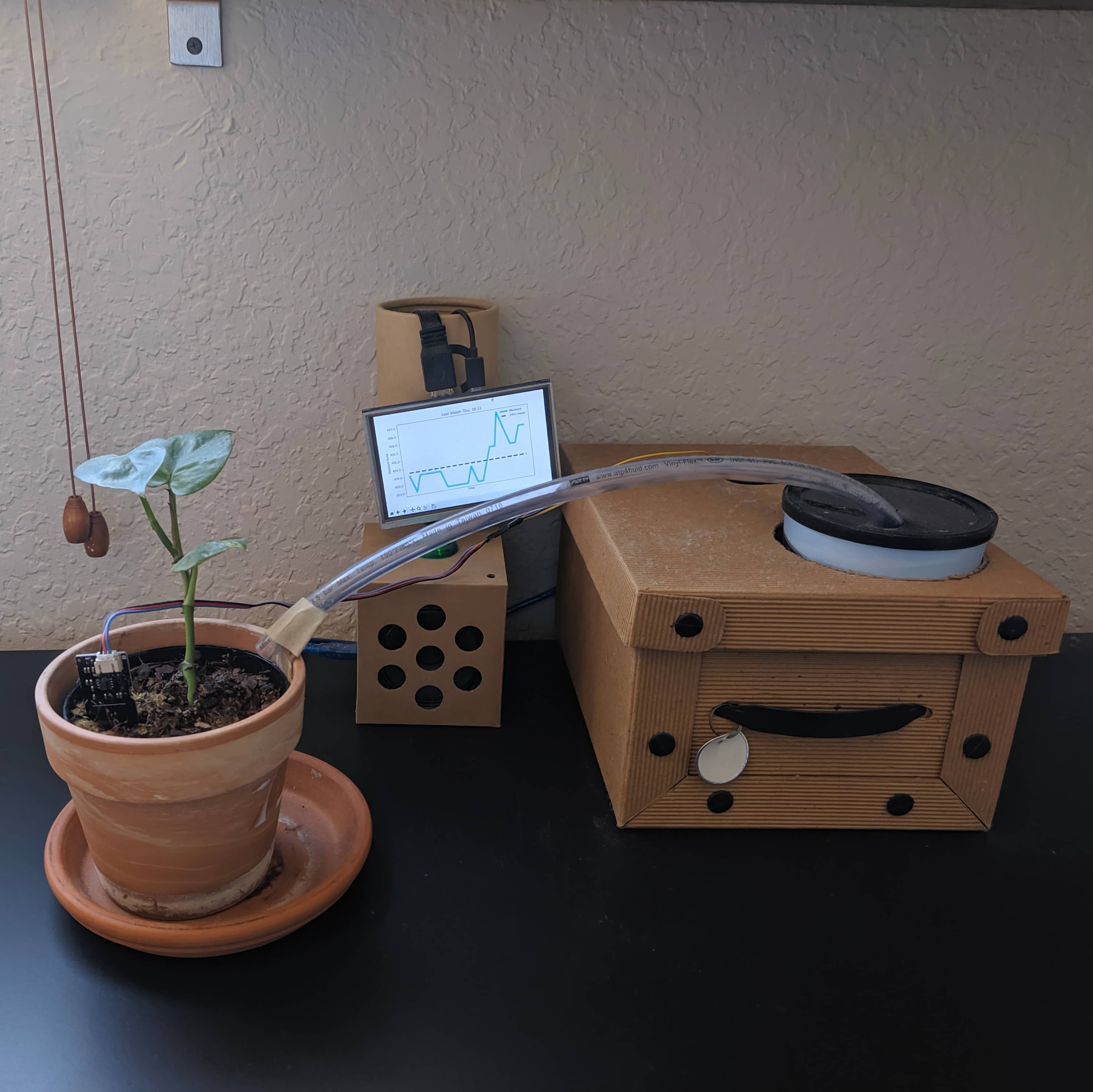
WaterMyPlant
I always forget to water my plants, so I built a machine that does it for me. It consists of an Arduino that activates a water pump whenever the soil moisture sensor reports a low enough value. A Raspberry Pi collects real time data about the soil and displays it on a Python matplotlib graph so I can monitor it.
Github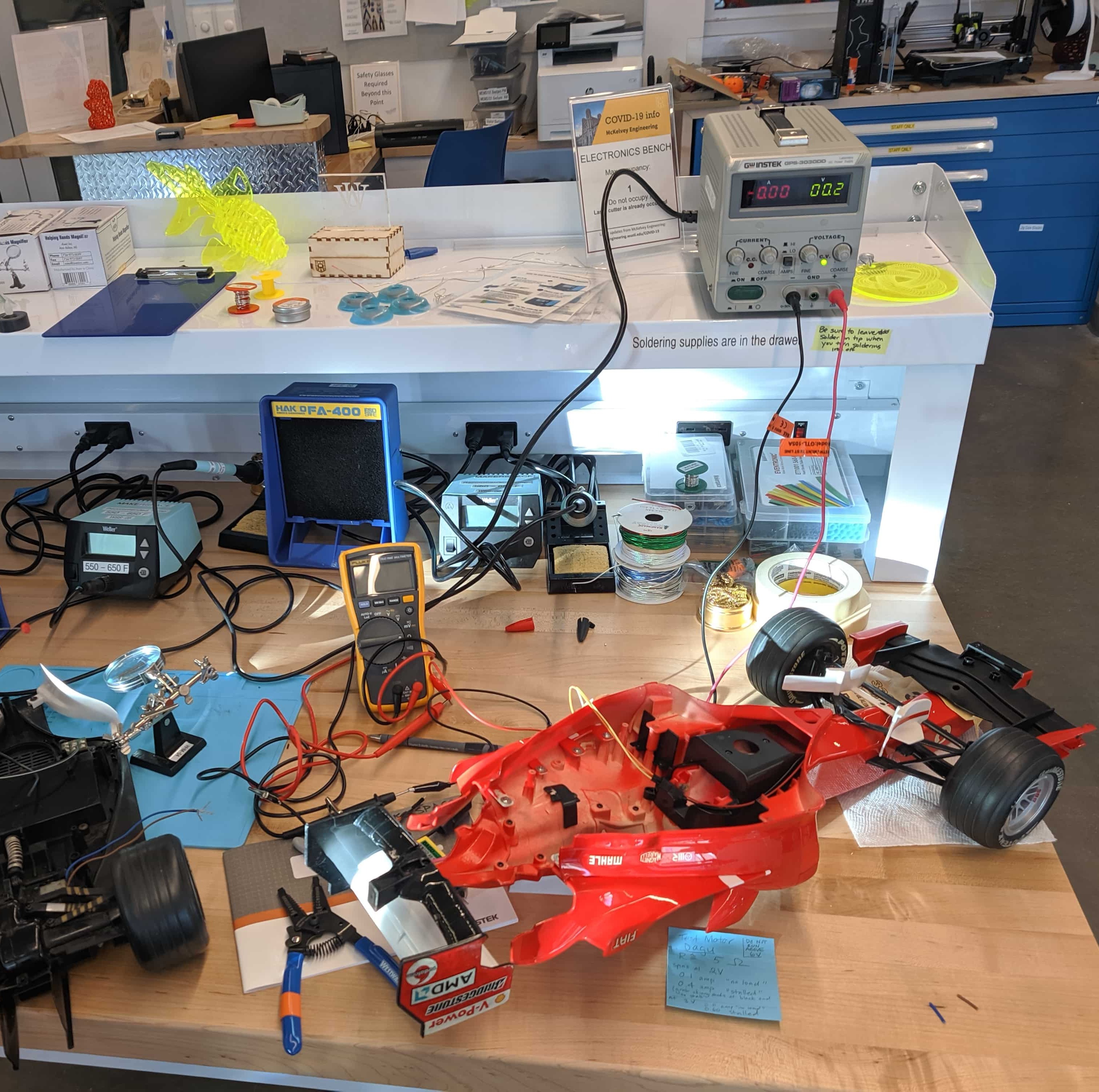
Smart RC Car
Retrofitted an old RC car with a Raspberry Pi. A mobile app communicates with a web server in the Pi to control acceleration and steering. The Pi uses a L293D DC motor driver to control the car's motors. This project is a work in progress, future plans are to add a camera, microphone, and speakers to the car, all controlled by the app.

Other Projects
-
As part of my Systems Programming class, I developed a custom implementation of C's
malloc. My implementation utilizes a segregated lists approach with constant time coalescing and a minimum block size of 16 bits to achieve performance similar to that of the standard library. - I am very interested in algorithmic/generative art. The picture to the left is a procedurally generated 3D terrains using perlin noise. Some of my other creations include: Interactive trees that sway with wind, various cellular automata, and recreating images with figure packing.
- For competitive programming, I created a personal hackpack. It includes a compilation of the algorithms, data structures, and implementations I refer to during competitions.
- Currently reading through Structure and Interpretation of Computer Programs (SICP) and plan on learning functional programming in the future.
